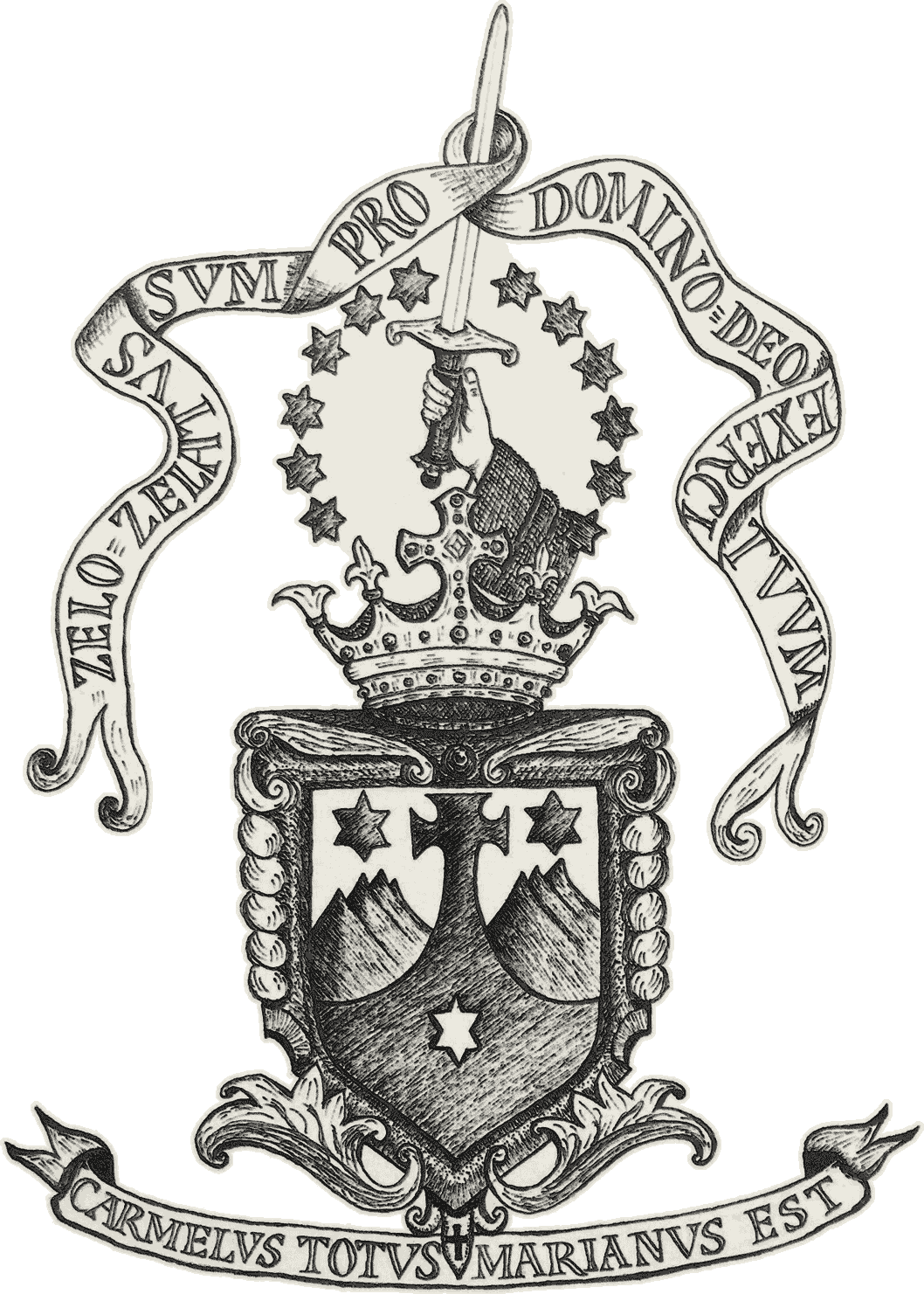He has been called to witness to the highest form of spiritual paternity; just as a loving father provides for the needs of his children, so the spiritual father, the Carmelite monk, provides for the supernatural needs of his children through the giving of his life in love. Many of these children he will never see until he enters the glory of heaven, but let him nonetheless be convinced that these children are real and that their eternal salvation is very much dependent on his sacrificial love.
A monk, by the very nature of his sublime vocation, is called into the mystery of the love of God. The Eternal Father draws the monk into the inner recesses of his Divine Heart and there communicates to him his sweet solicitude for souls. Hence, the more a monk is transformed in the paternity of God, the more he is possessed by a burning love for his spiritual children. Through his union with God, the monk gives of his love without rest after the example of the father in the parable of the prodigal son, whose love knew no bounds. The Carmelite monk ought to burn with this consuming love for his spiritual children that the desires of our Lord may be fulfilled: "I have come to cast fire on the earth and oh how I long that it be ablaze." Truly our Lord wills that his religious, and especially his Carmelites, be the means by which this living flame is set ablaze in the world.
A Carmelite learns paternity from the example of his natural and spiritual fathers and their witness of fatherly love. By living in filial union with his fathers first, he then has the means to become proficient in virtue, established in stout manliness, and formed in sacrificial paternity. A monk is only able to be a good spiritual father to souls insofar as he has first been a loyal son himself.
Following the ancient custom of St. Teresa of Jesus and St. John of the Cross, there exist two distinct but entirely complementary vocations within this institute: the vocation of the choir monk and that of the lay brother. Both vocations are proven to be integral to the Carmelite way of life and an apt means for preserving the whole monastic edifice, since together the vocations of the choir monk and the lay brother enable the Carmelite monks of Wyoming to fulfill their role in the Church with greater perfection.

